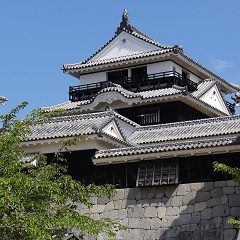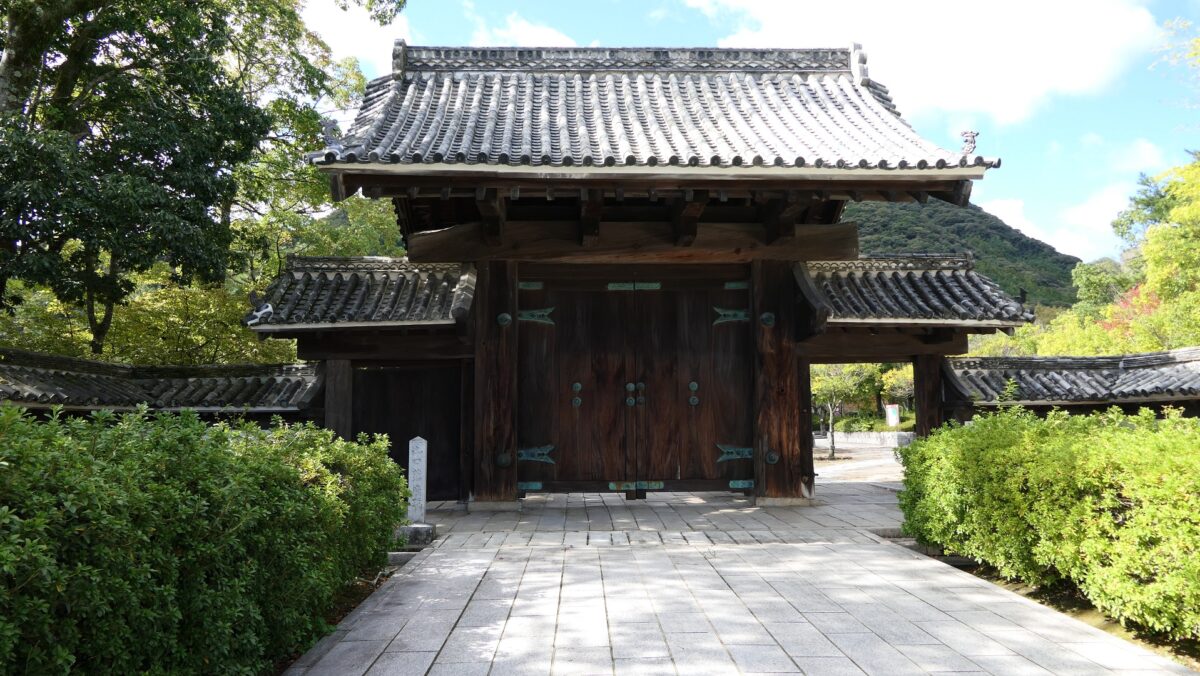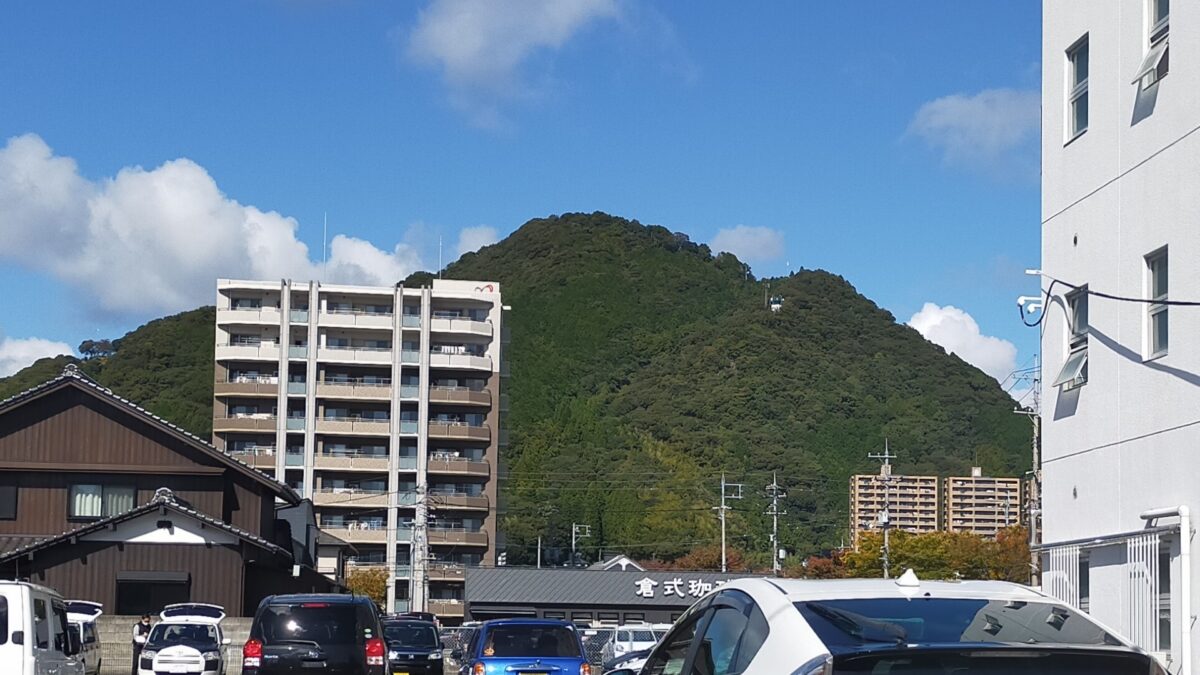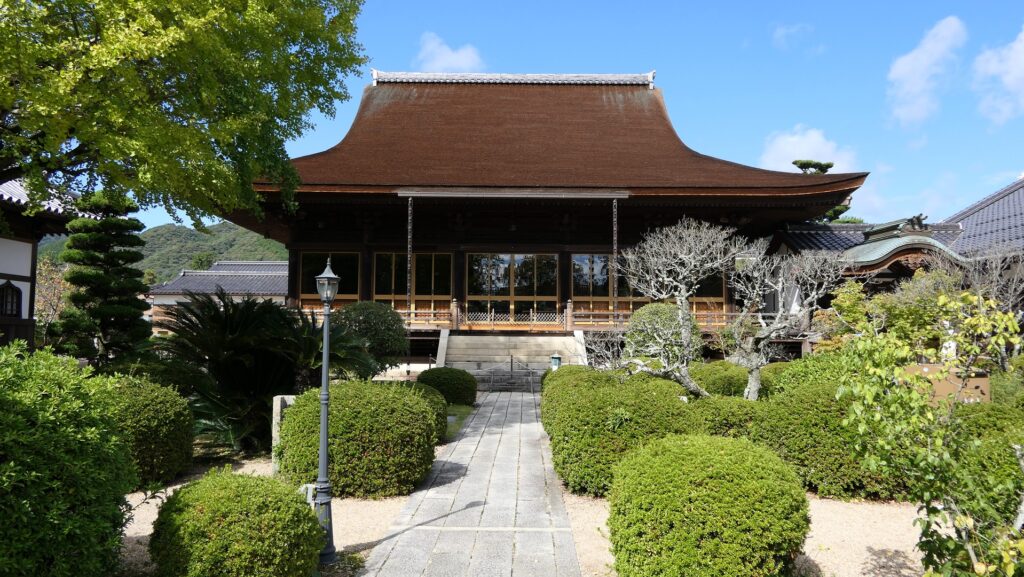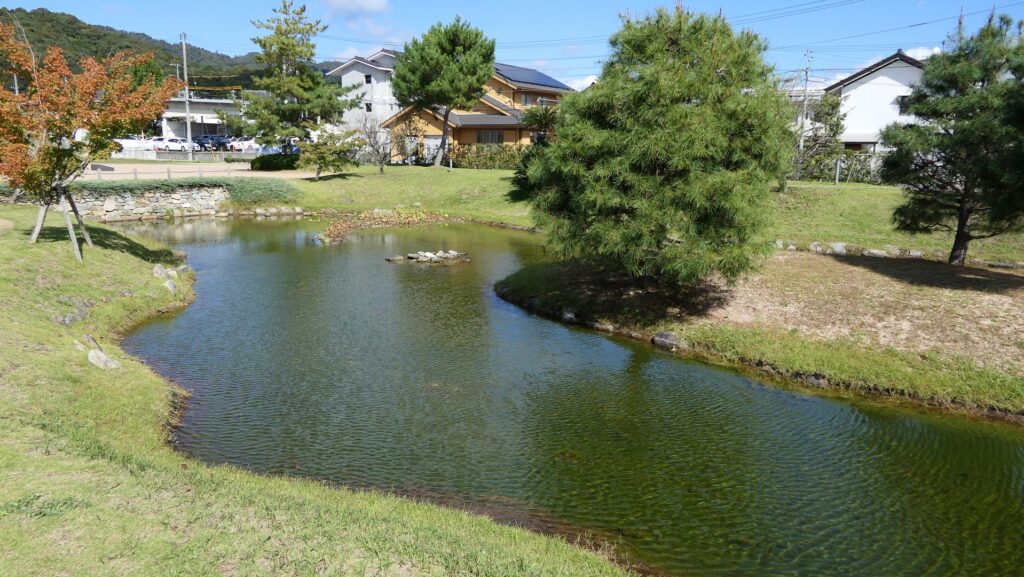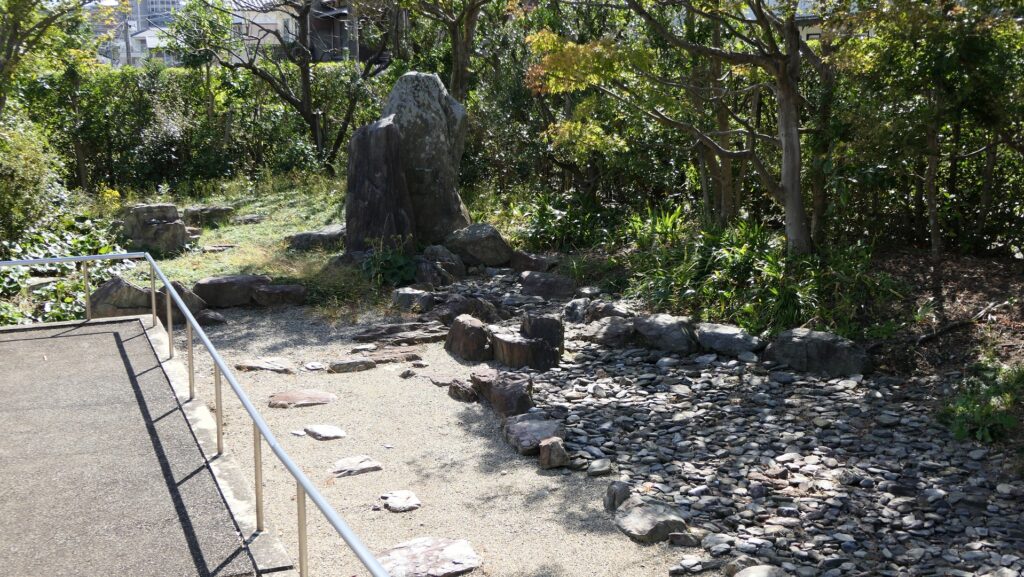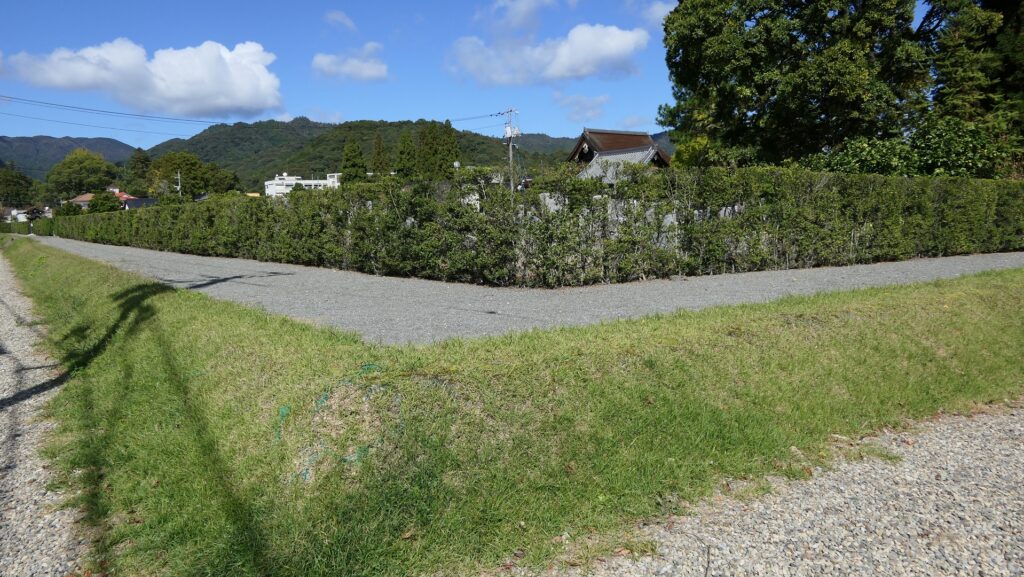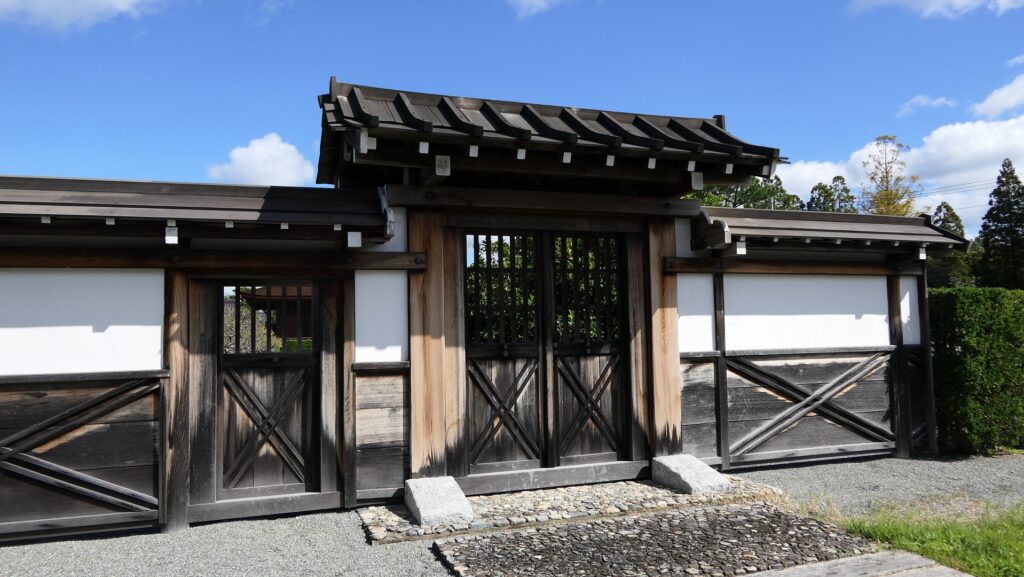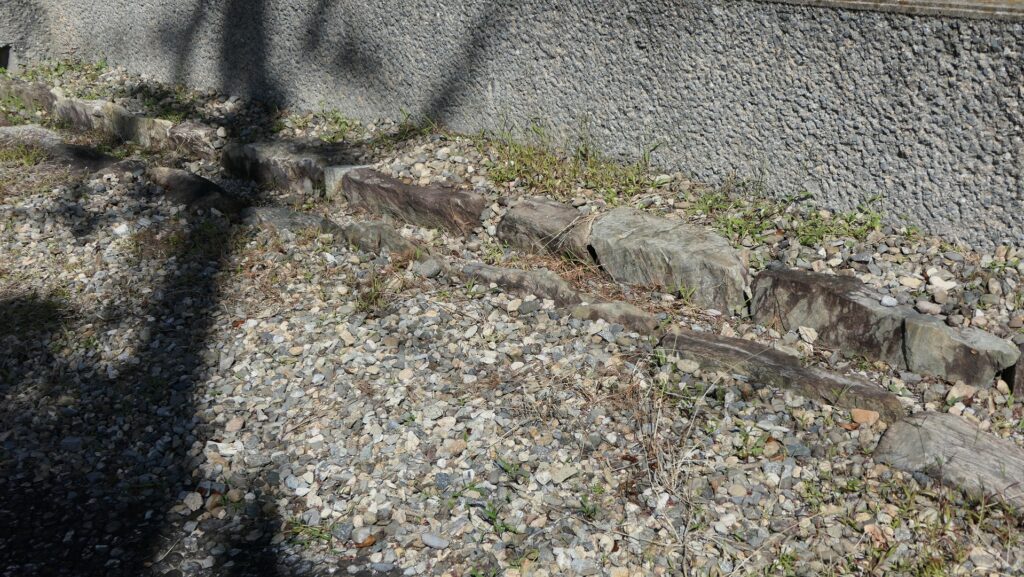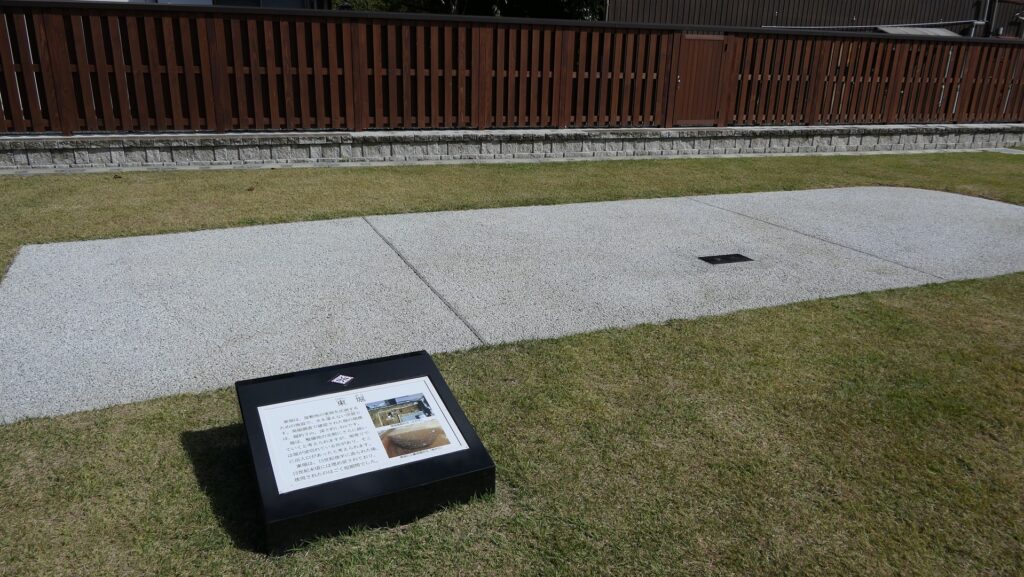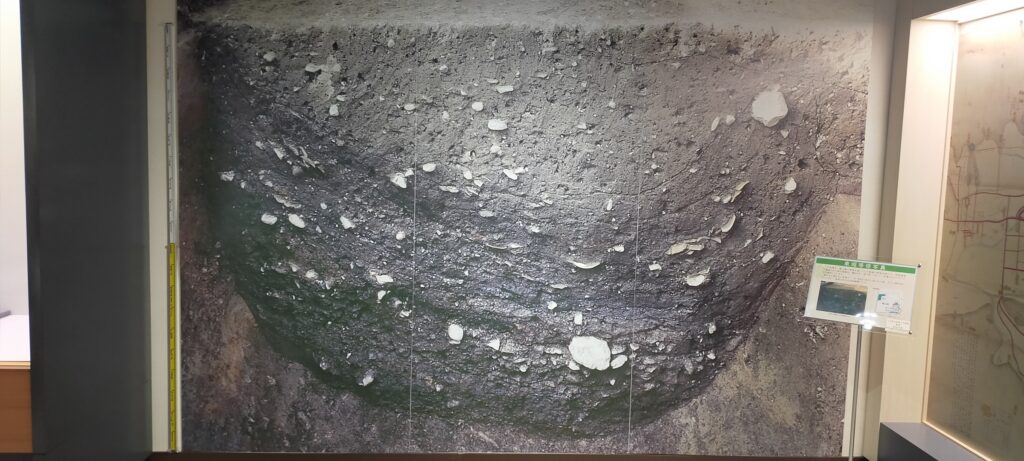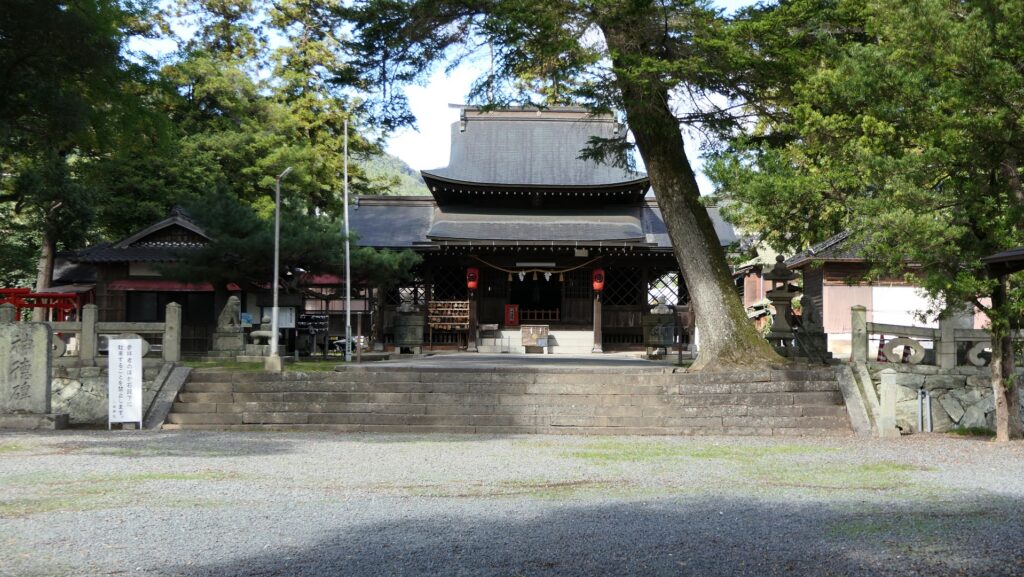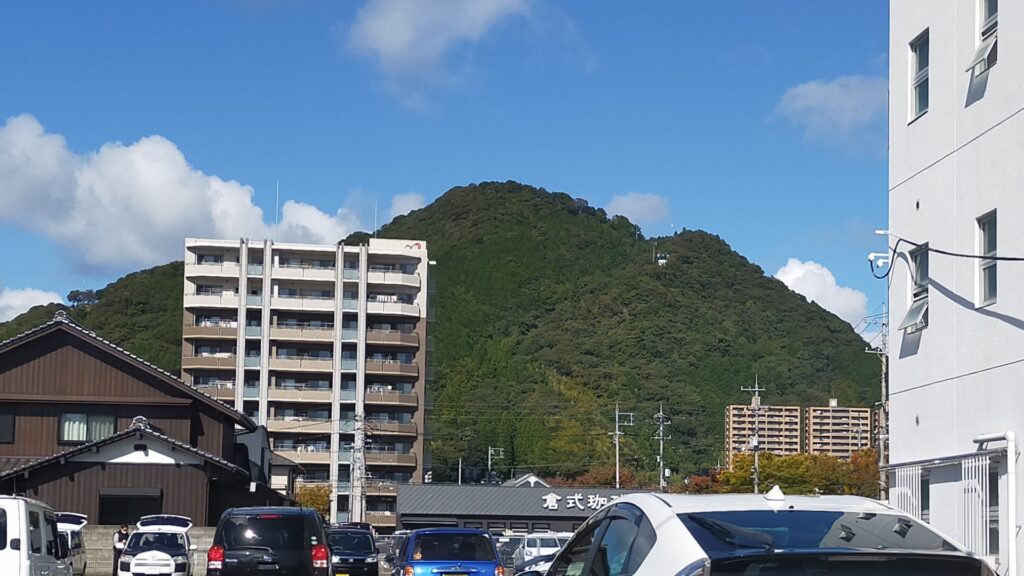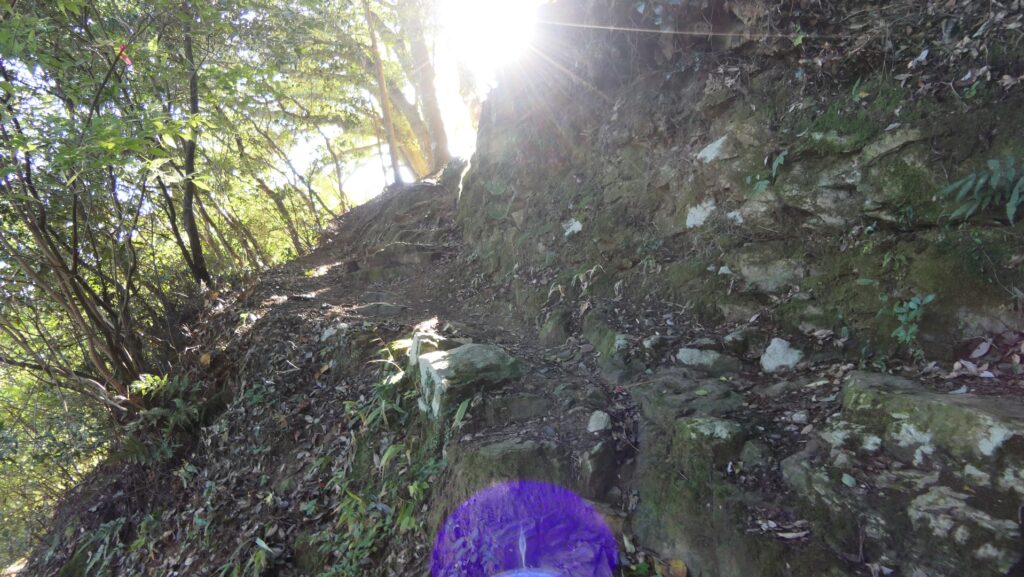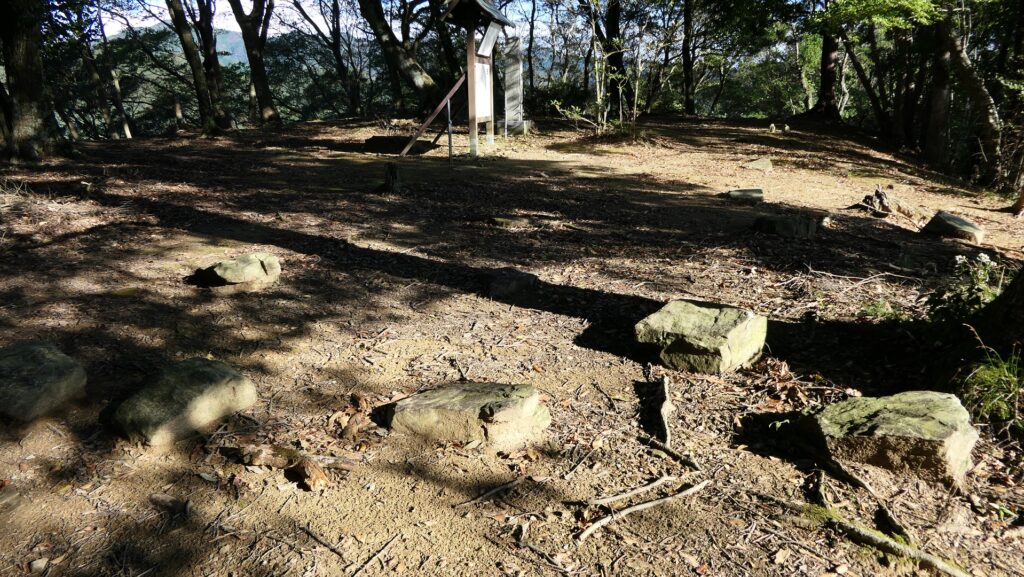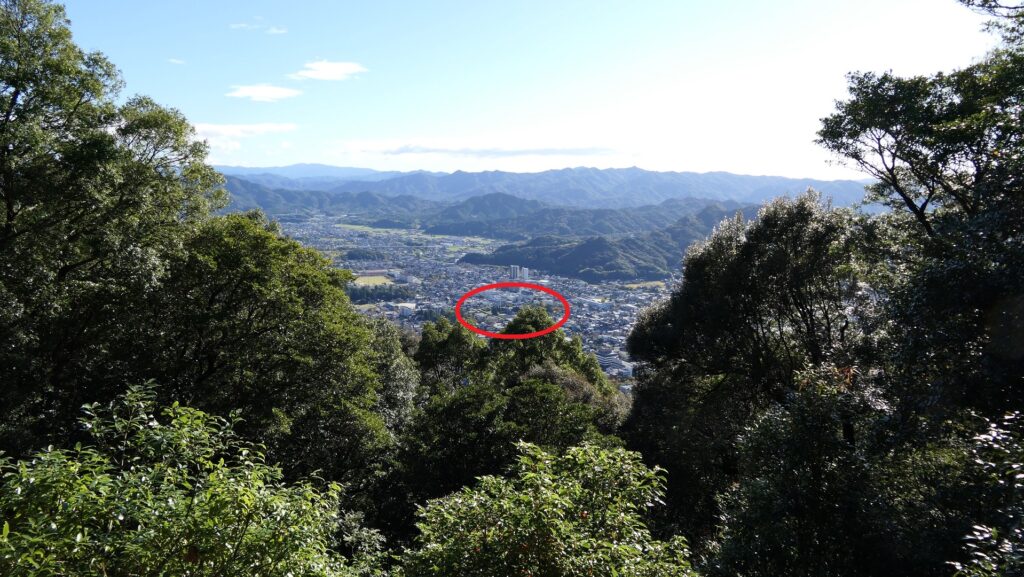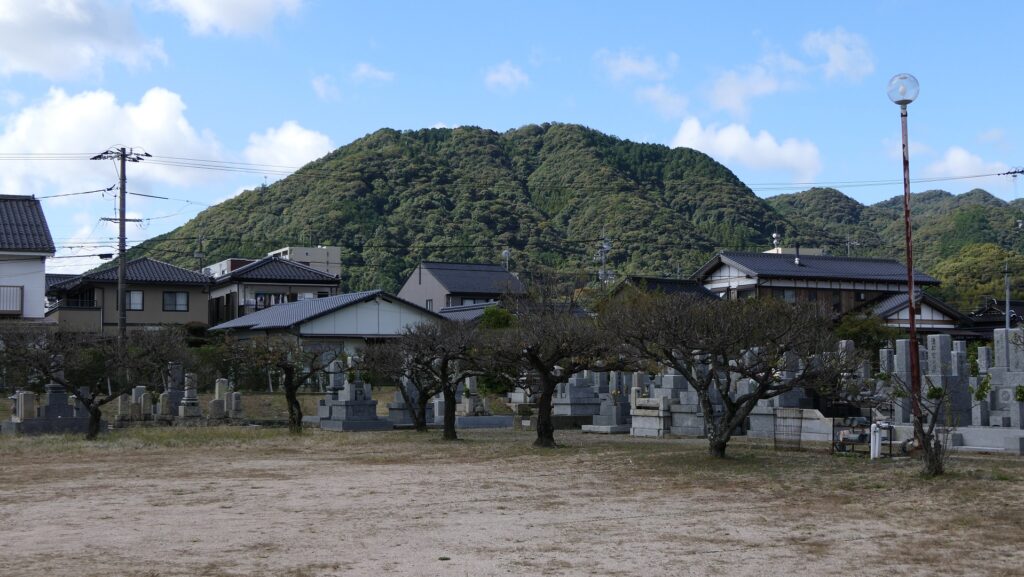Later History
Yamaguchi was focused on rebuilding again at the end of the Edo Period. Until then, the Choshu Domain by the Mori Clan was based on Hagi Castle beside the Japan Sea. They wanted to move their homebase to Yamaguchi. This was because its location would be the best for communication with other domains to respond to the potential threats from Western countries, in fact, to be against the Tokugawa Shogunate. They eventually built Yamaguchi Castle beside Konomine Mountain, partly using the Western style with cannons, without the shogunate’s permission. They thought they could reuse Konomine Castle for the final battle. Eventually, they became one of the winners of the Meiji Restoration. As a result, Yamaguchi Castle was turned into the Yamaguchi prefectural office. In addition, Yamaguchi Prefecture produced 8 prime ministers of Japan, the largest number among all the prefectures, including the 1st prime minister, Hirobumi Ito and the late Shinzo Abe recently.
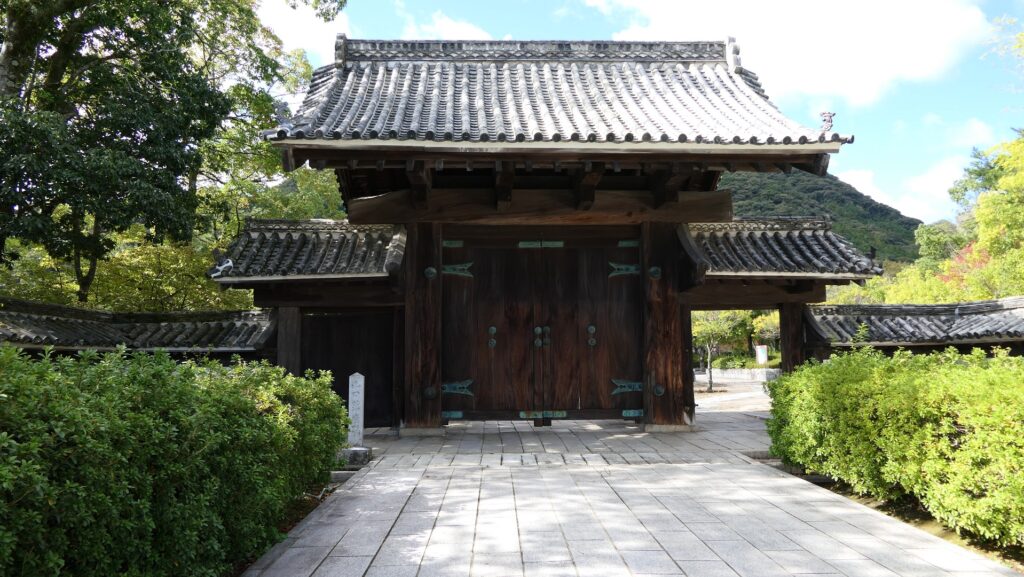
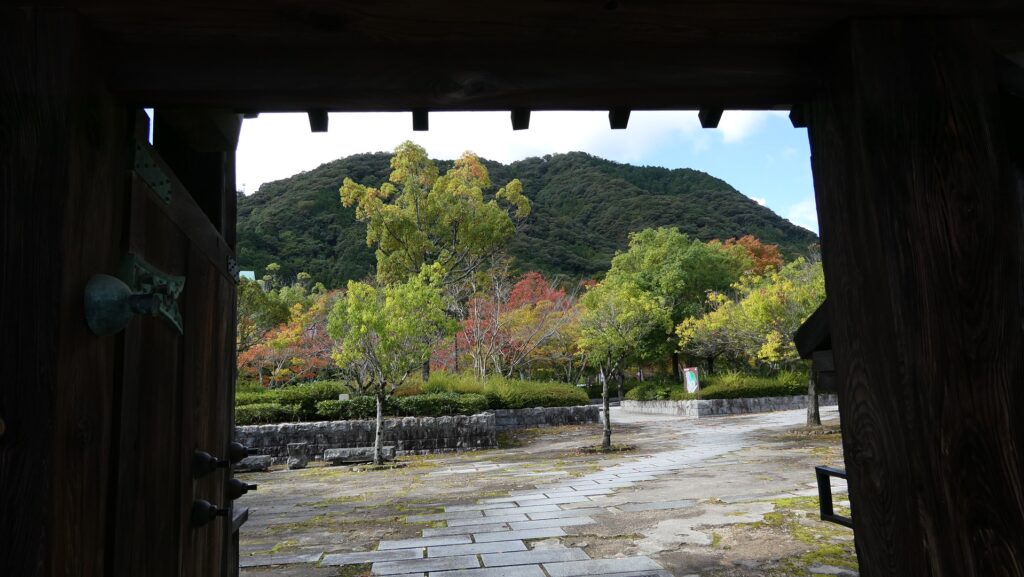
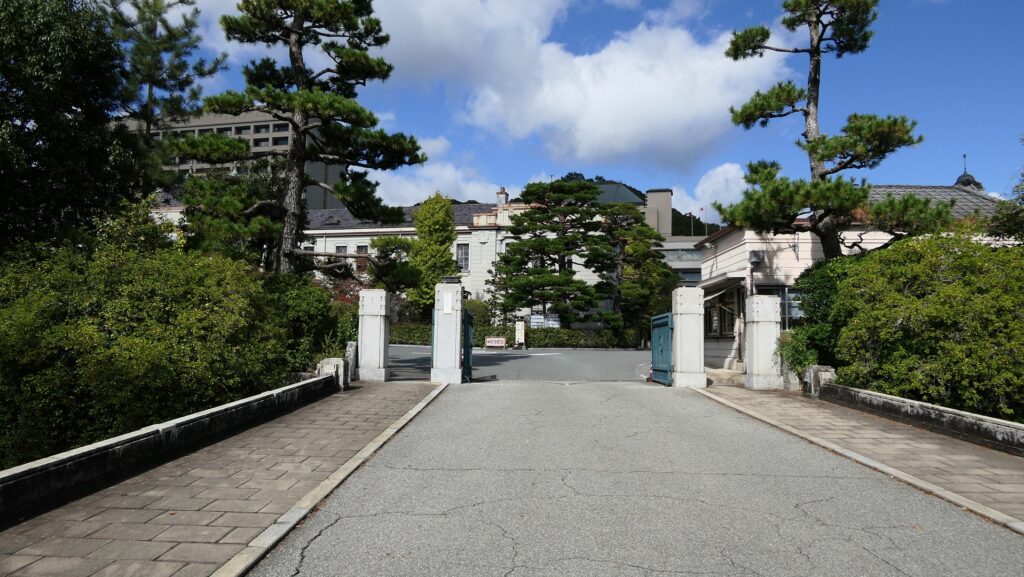
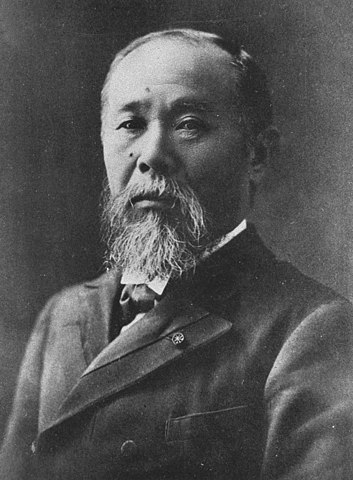
My Impression
I think the combination of Ouchi Clan Hall and Konomine Castle was a very good for both the government and defense like that of the Takeda Clan with Takeda Clan Hall and Yogaiyama Castle. It was also proven by the Choshu Domain that they wanted to use Konomine Castle again at the end of the Edo Period. However, in the case of the Ouchi Clan, it was too late to prepare for it. Maybe that’s because they thought Yamaguchi could never have been attacked by enemies because their government was very stable. Nobunaga Oda, who was the ruler in the 1570’s to the 1580’s, might have thought the same way before he was killed in the Honnoji Incident in 1582.
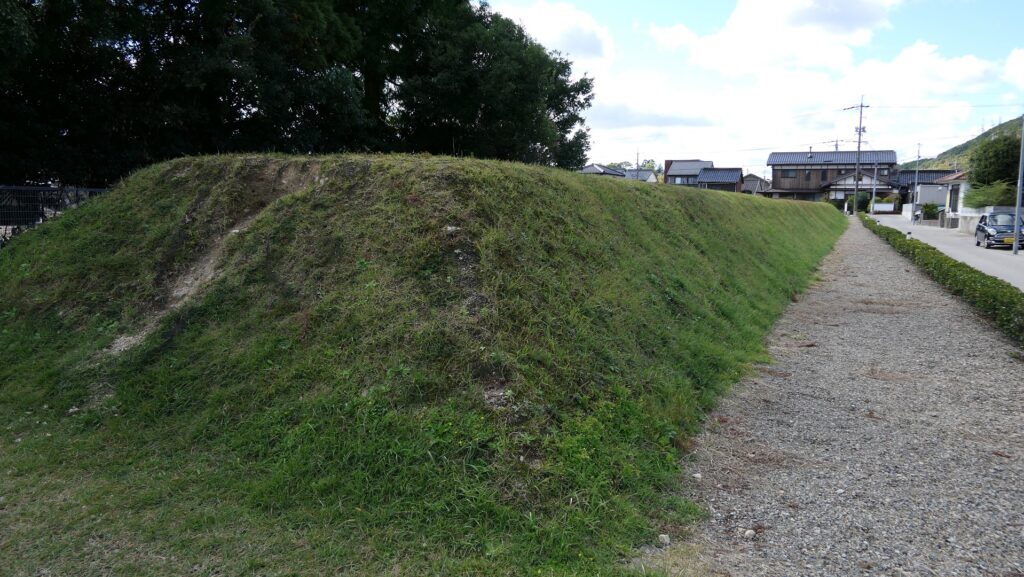


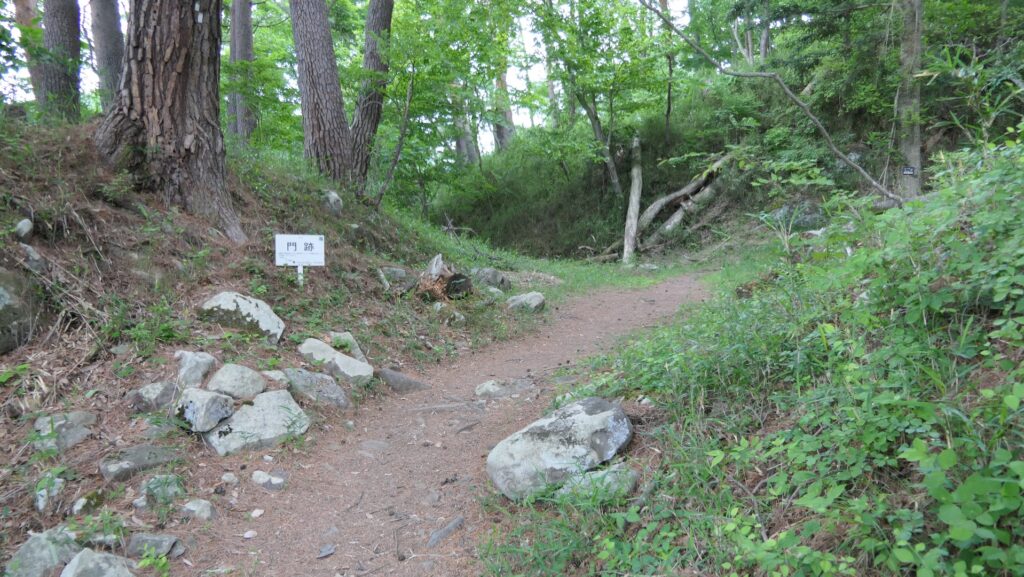
How to get There
If you want to visit Ouchi Clan Hall Ruins by car, it is about a 15-minute drive away from Yamaguchi IC on the Chugoku Expressway. There are parking lots in the northern and southern sides of the ruins. To get to Konomine Castle Ruins from there, you will need about another 20 minutes. There is a small parking lot on the mid slope of the mountain.
If you want to use public transportation, it takes about 15 minutes on foot from JR Kami-yamaguchi Station to get Ouchi Clan Hall Ruins. To get Konomine Castle Ruins from there, you will need about another 1 hour.
To get to Kami-yamaguchi Station from Tokyo or Osaka: Take the Sanyo Shinkansen super express and transfer to the Yamaguchi Line at Shin-Yamaguchi Station.

That’s all. Thank you.
Back to “Ouchi Clan Hall/Konomine Castle Part1”
Back to “Ouchi Clan Hall/Konomine Castle Part2”
